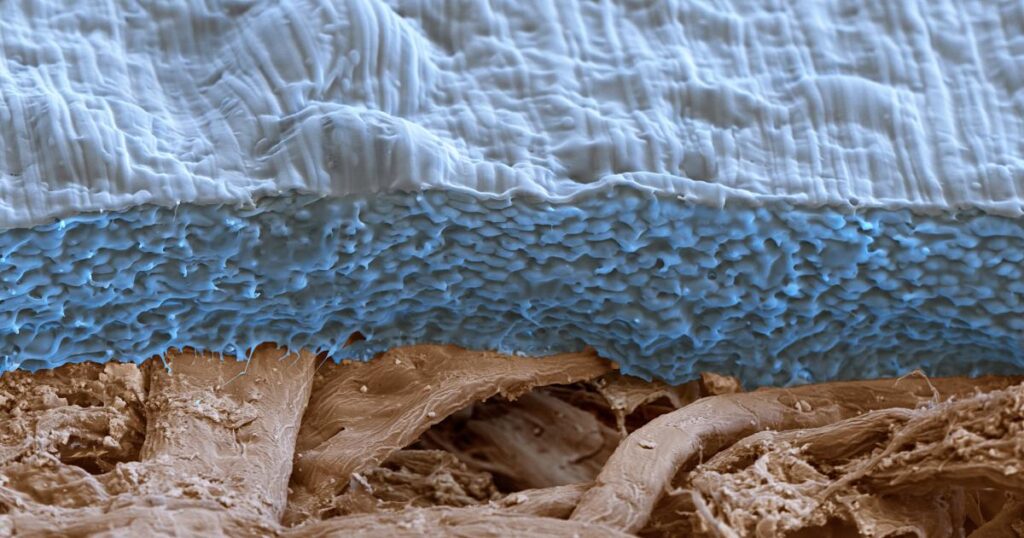The future of plastics
2 min read
The authors emphasise the need for concerted action across all four target areas to ensure the global plastics systems curbs its climate impacts and meets UN Sustainable Development Goals.
Charlotte Williams, professor of chemistry at the University of Oxford’s department of chemistry and lead author, said: “We need plastics and polymers, including for future low emission technologies like electric vehicles, wind turbines, and for many essential everyday materials.
“Our current global plastics system is completely unsustainable, and we need to be implementing these series of very bold measures at scale, and fast. This is a solvable problem but it needs coherent and combined action, particularly from chemical manufacturers.”
To successfully transition the plastics system, the authors set out principles to ensure ‘smart materials design’ and differentiate between plastics which are recoverable and irretrievable after use.
The authors note that there is not a one size fits all solution. Rather, they propose careful use of the design principles to help select the optimum production methods and appropriate use of resources, deliver the required performances, ensure waste management, and minimise broader environmental impacts. A timeline of technical-economic-policy and legal interventions helps readers focus on the actions needed to reach net zero emissions by 2050.
Circular
Fernando Vidal, a postdoctoral researcher in chemistry at POLYMAT in Spain and former Oxford Martin School fellow on the future of plastics concluded, co-authored the study. They said: “The time for action has arrived, we cannot afford to wait any longer.
“We must change our concepts around the way we make, use, and dispose of plastics, otherwise we risk perpetuating this problem. The upcoming UN Global Plastic Treaty is the opportunity to make a lasting change in the right direction.”
Cameron Hepburn, the Battcock professor of environmental economics at the Oxford’s Smith School of Enterprise and the Environment and a co-athor, said: “The problem is that plastics, while contributing hugely to global pollution and greenhouse gas emissions, are extraordinarily useful.
“Our research finds that creating a circular economy for plastics in order to reduce their negative impacts is possible, but only if we can reduce future demand by half, switch to renewable plastics that aren’t made from fossil fuels, recycle 95 percent of what’s left, and minimise environmental impacts at every step of the process.
“The challenge is enormous, but we present a roadmap to transform the whole system, including through the smart design of plastics, economic and legal interventions, and a shift away from overconsumption.”
This Author
Brendan Montague is editor of The Ecologist. This article is based on a press release from Oxford Unviersity. The paper ‘Designing a Circular Carbon and Plastics Economy for a Sustainable Future’ is now available online.





